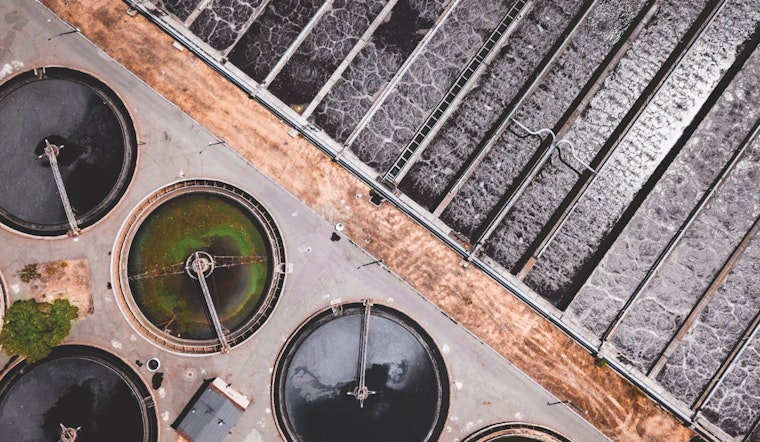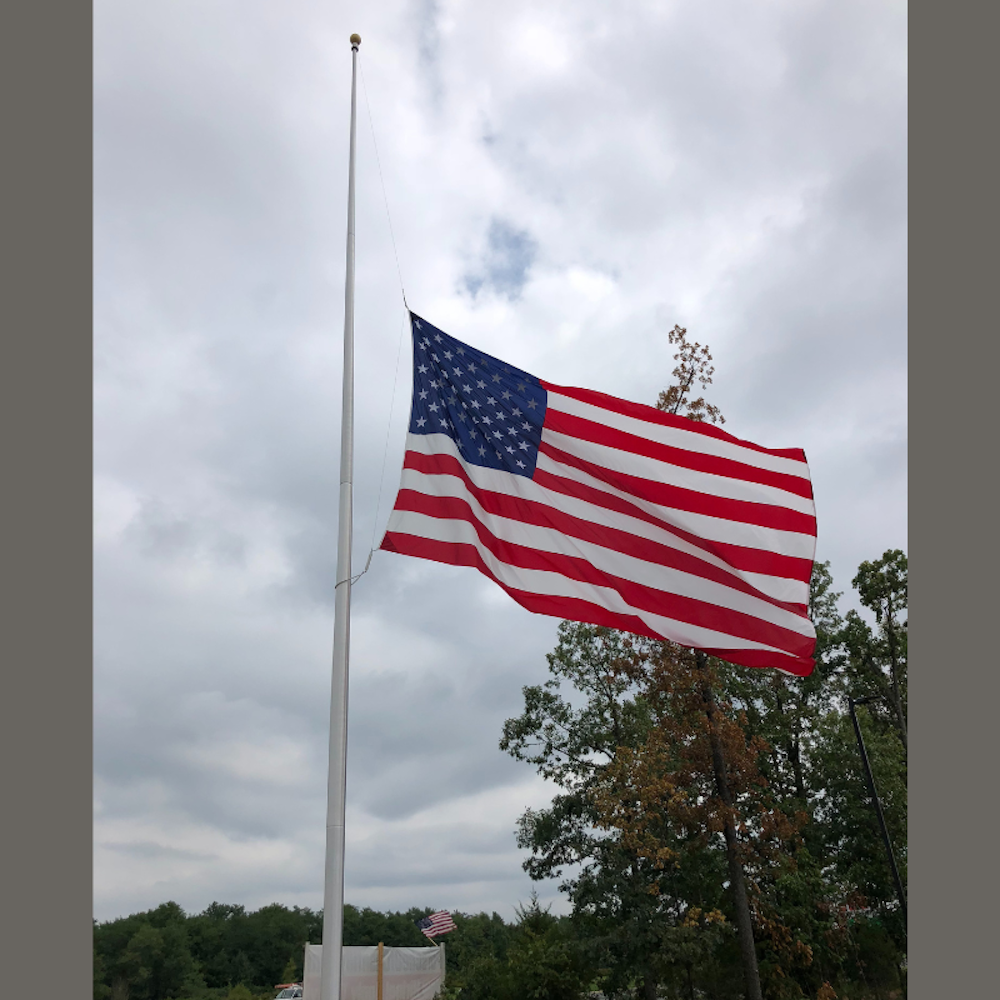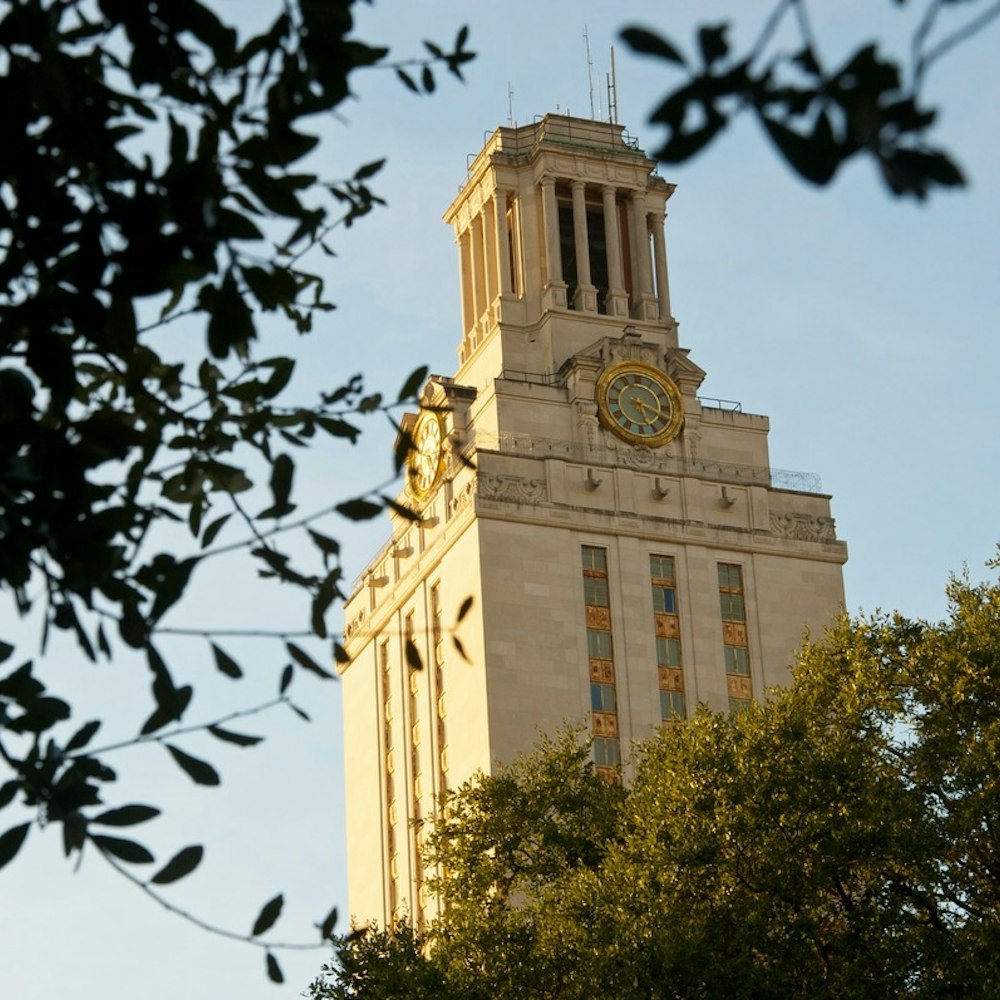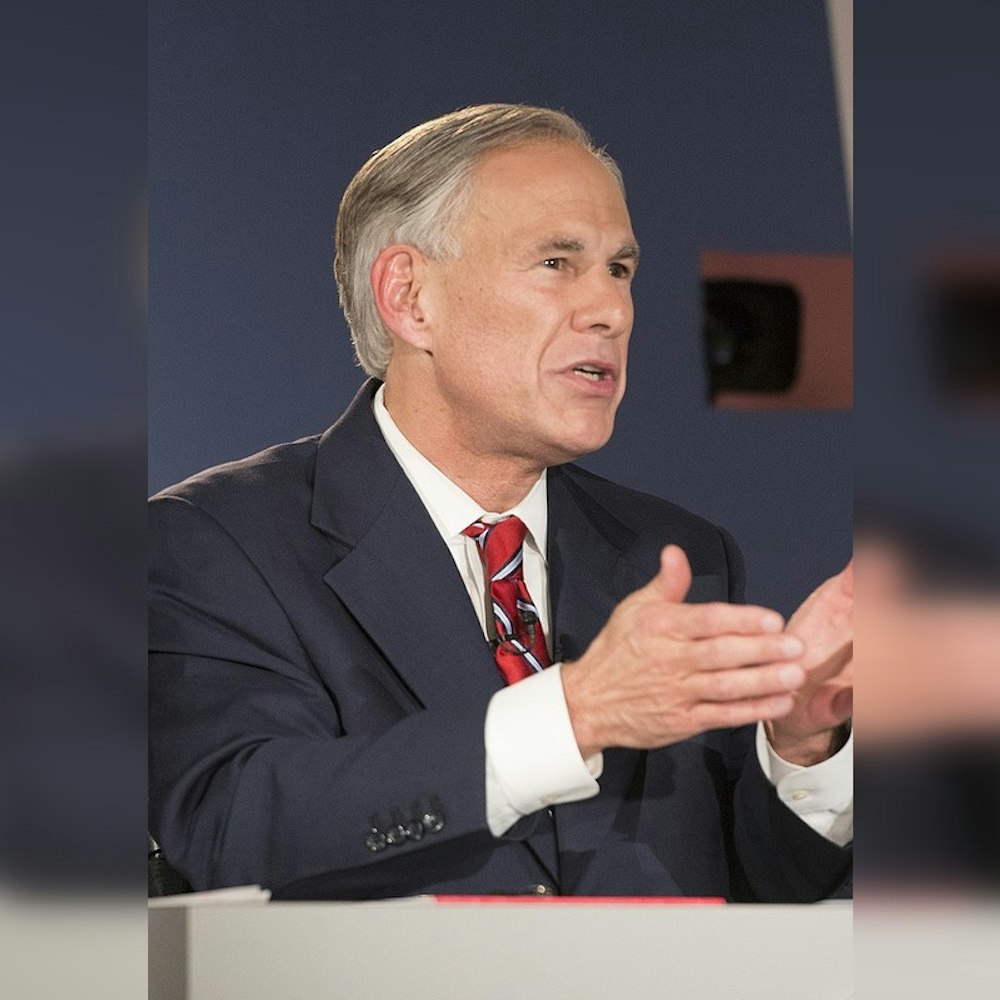
In a significant push to improve the state of the nation's rural wastewater infrastructure, the U.S. Environmental Protection Agency (EPA) has broadened the scope of a pivotal program designed to bridge the gap in wastewater services. Announced on Monday, the EPA is now extending an invitation to 150 rural communities across the United States to participate in the Closing America’s Wastewater Access Gap Community Initiative.
This expansion directly benefits areas that have long struggled with inadequate wastewater systems, a plight affecting an estimated two million Americans, who either grapple with subpar infrastructure or, in some cases, have no access to wastewater services at all. Adam Ortiz, the Mid-Atlantic Regional Administrator for the EPA, expressed his hands-on experience in West Virginia, where he witnessed the tangible effects of this deficit on both the environment and public health. "I've been on the ground in McDowell County and Raleigh County", Ortiz said, "and I've seen firsthand the environmental and public health impacts of untreated wastewater," according to the official release of the U.S. Environmental Protection Agency (EPA).
The program, which is a joint effort with the U.S. Department of Agriculture (USDA), offers technical assistance to underprivileged communities in navigating federal funding for wastewater projects. This is bolstered by significant financing from the Bipartisan Infrastructure Law, aiming to fulfill elements of President Biden's environmental justice agenda.
Results are already apparent in West Virginia's McDowell and Raleigh Counties, where the McDowell County Public Service District and the Crab Orchard-MacArthur Public Service District are actively seeking solutions to bolster their wastewater treatment facilities. In McDowell County, for instance, efforts are concentrated on providing Keystone and Northfork communities with viable treatment alternatives. These districts are not just recipients of aid, but are involved partners, rigorously identifying and pursuing funding avenues for substantial improvements.
The EPA has invested over half a billion dollars in West Virginia alone under the current administration, aiming to combat the pervasive issue of insufficient wastewater infrastructure, as per Ortiz's statement. As the initiative enrolls more communities, the goal is to extend similar resources nationwide, providing technical assistance that helps mitigate public health risks and fosters environmental stewardship.
For localities interested in this initiative, the EPA's official release provides the necessary details for application and further information.









